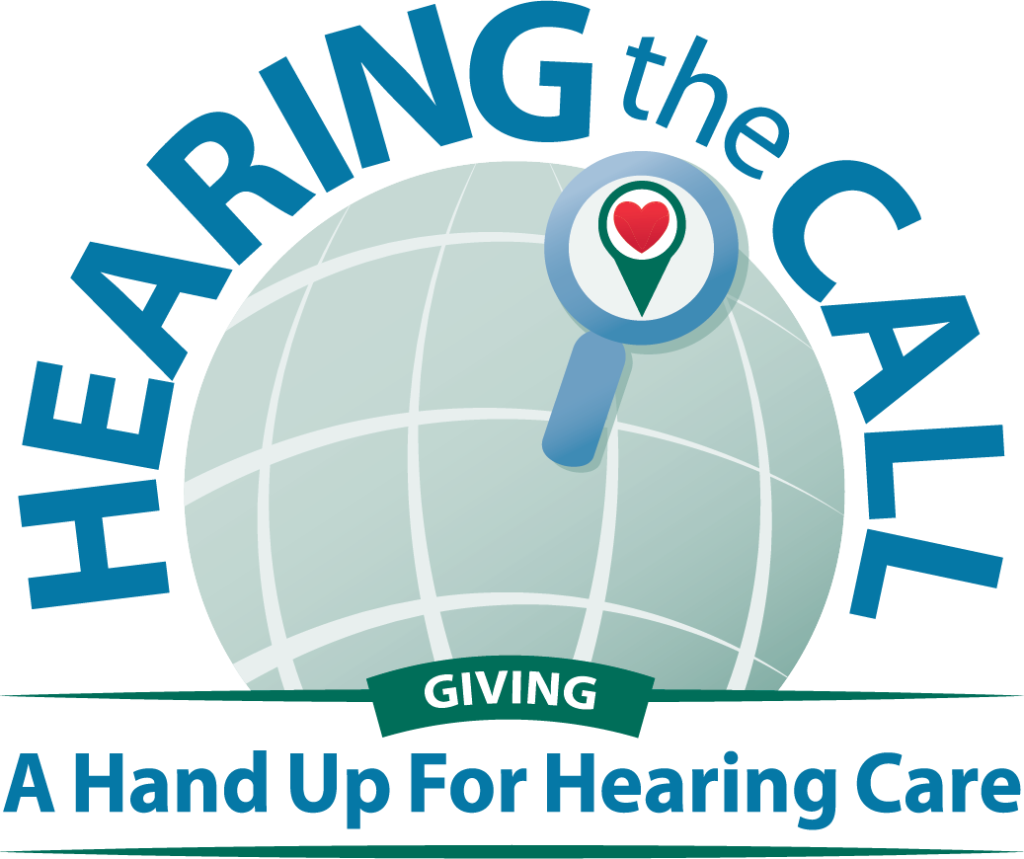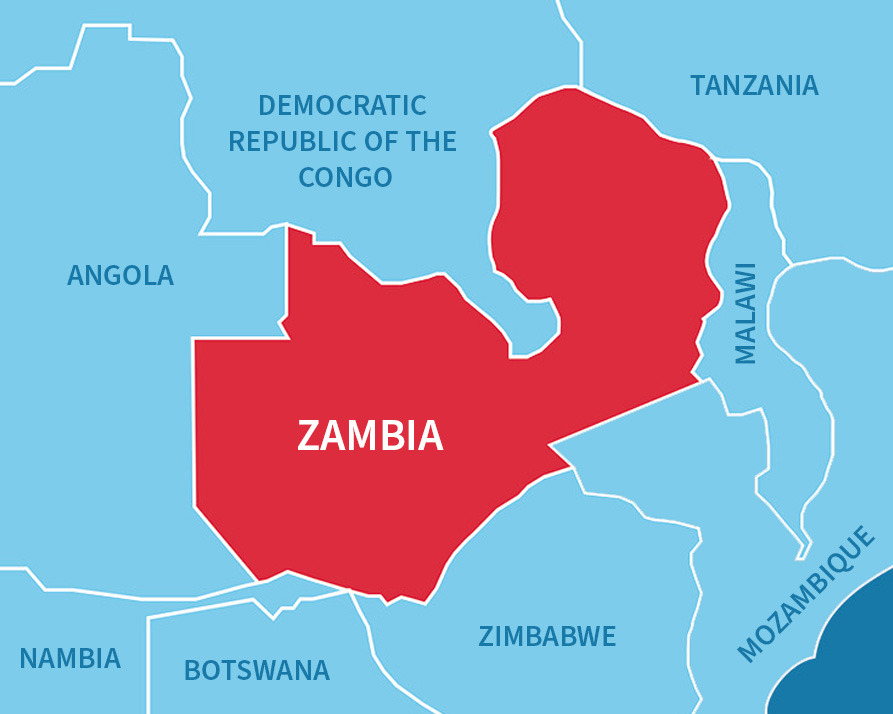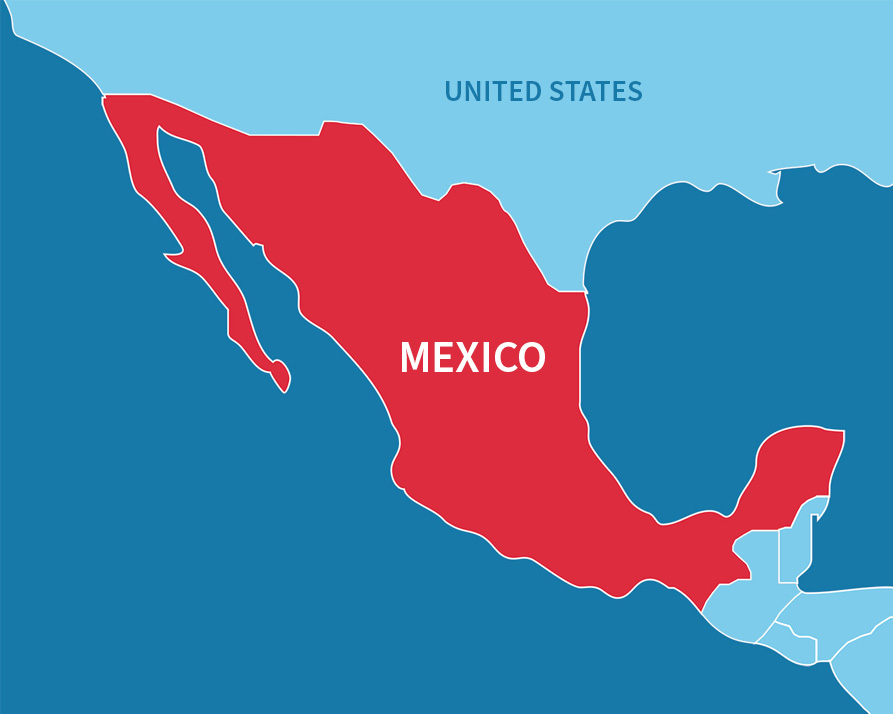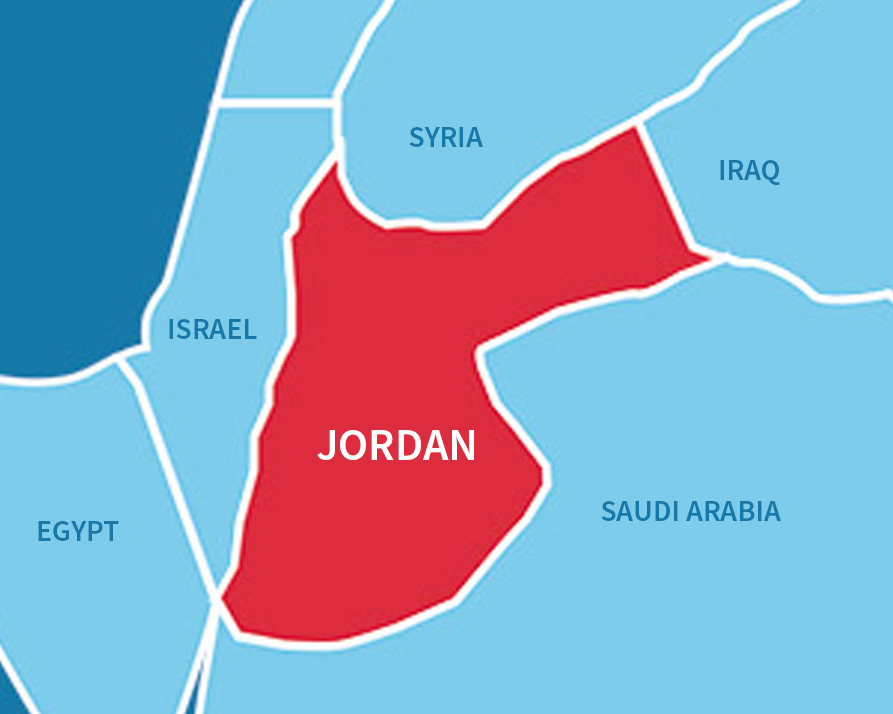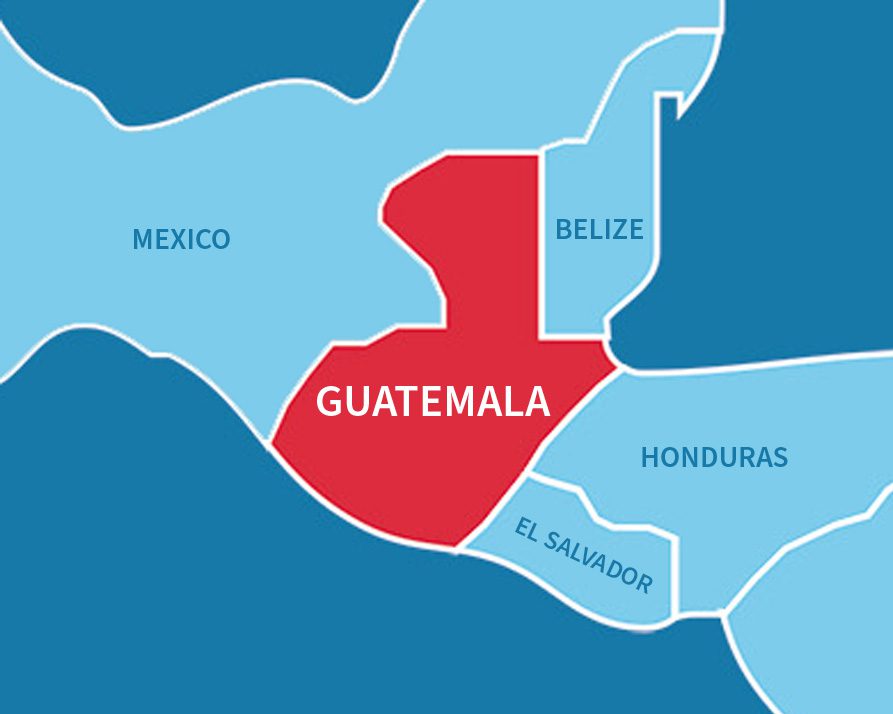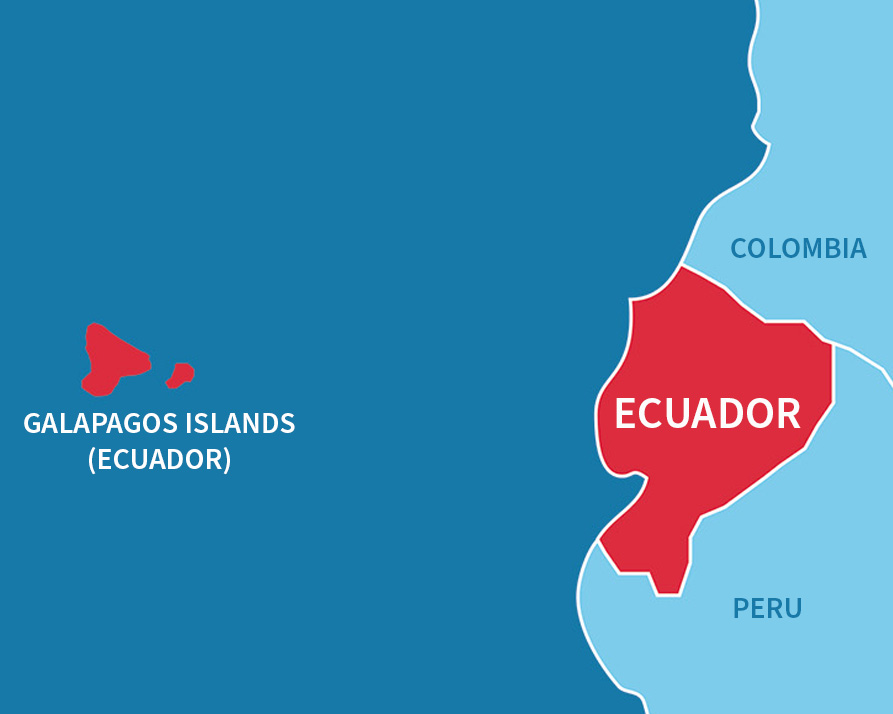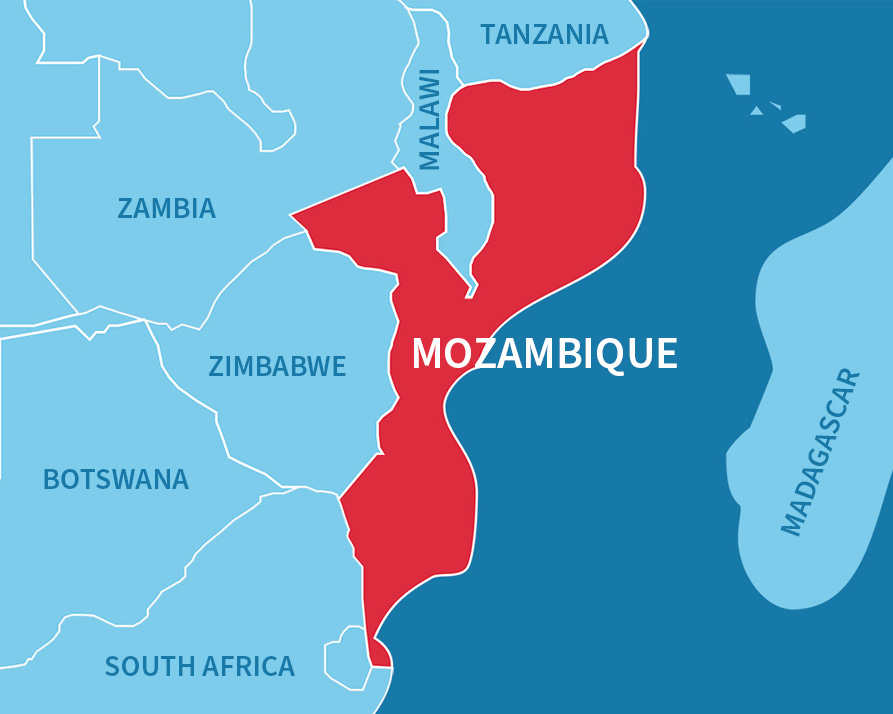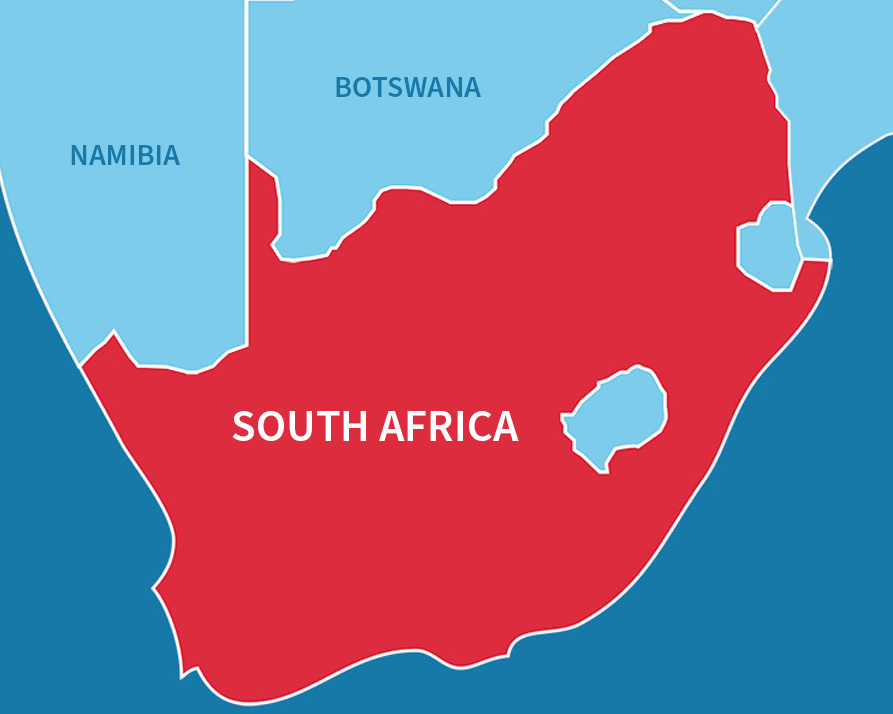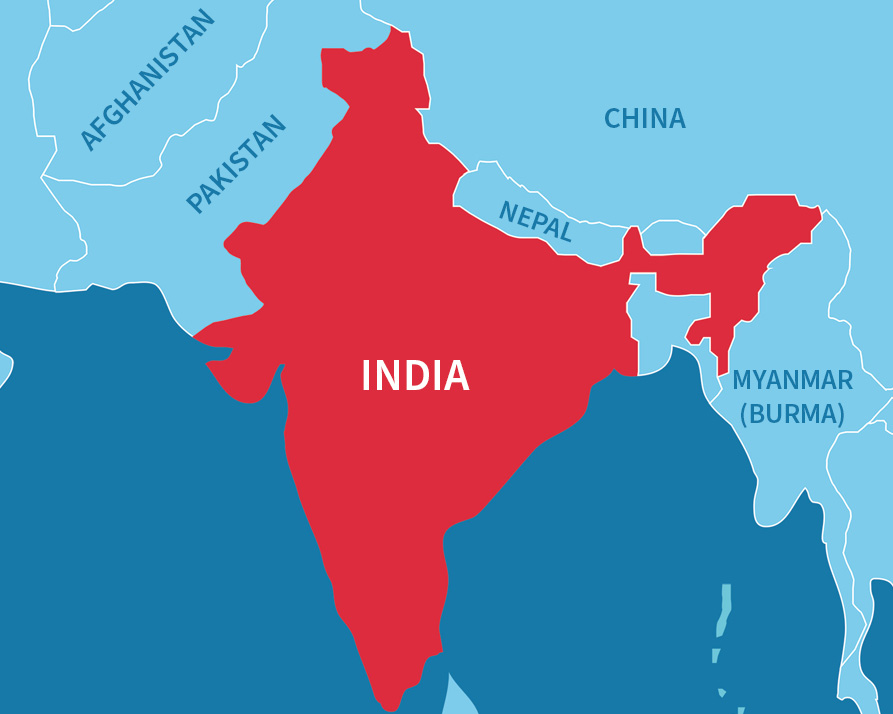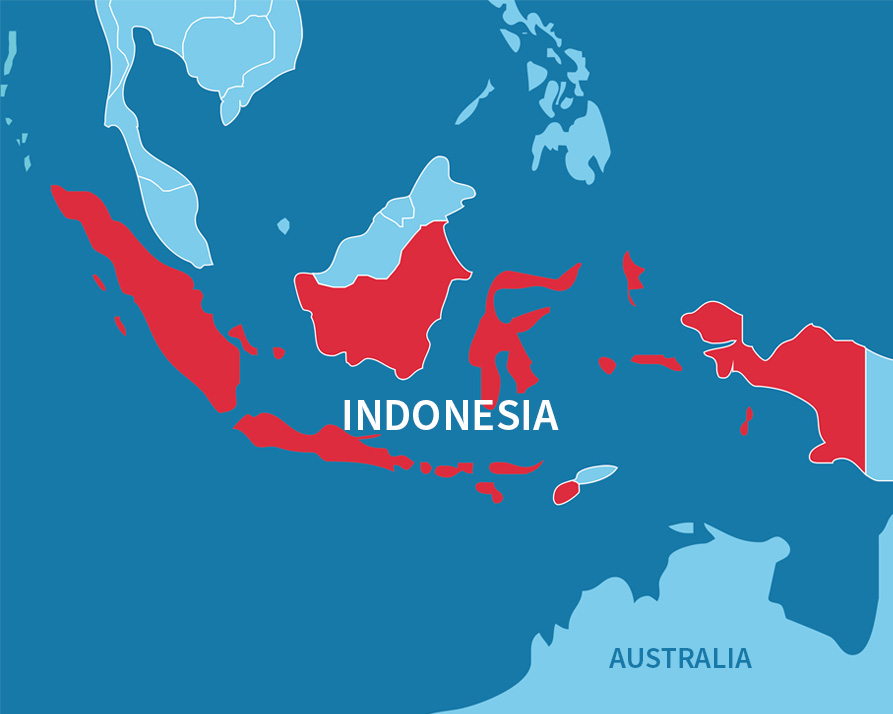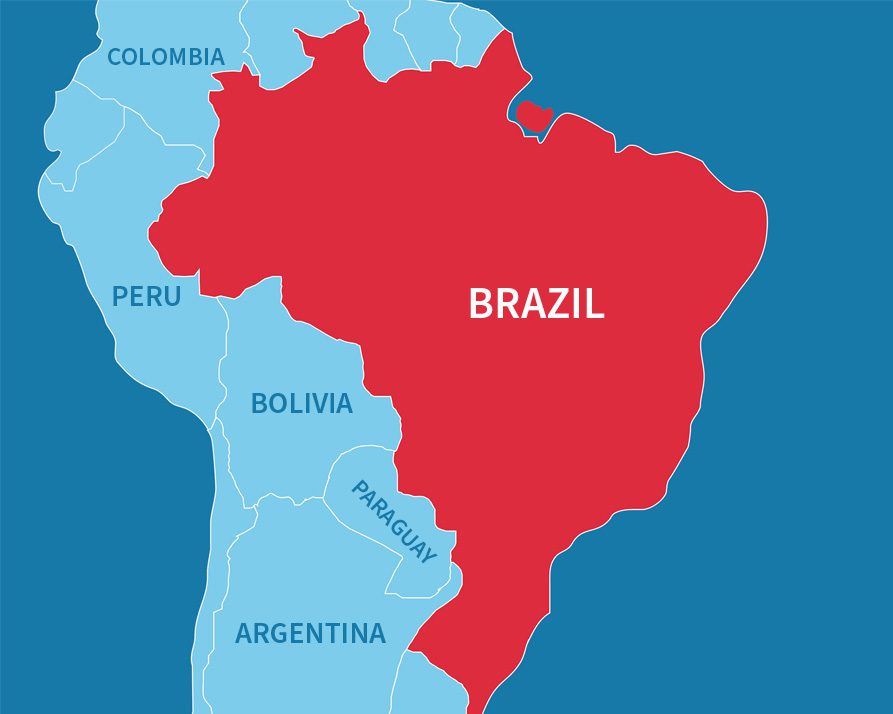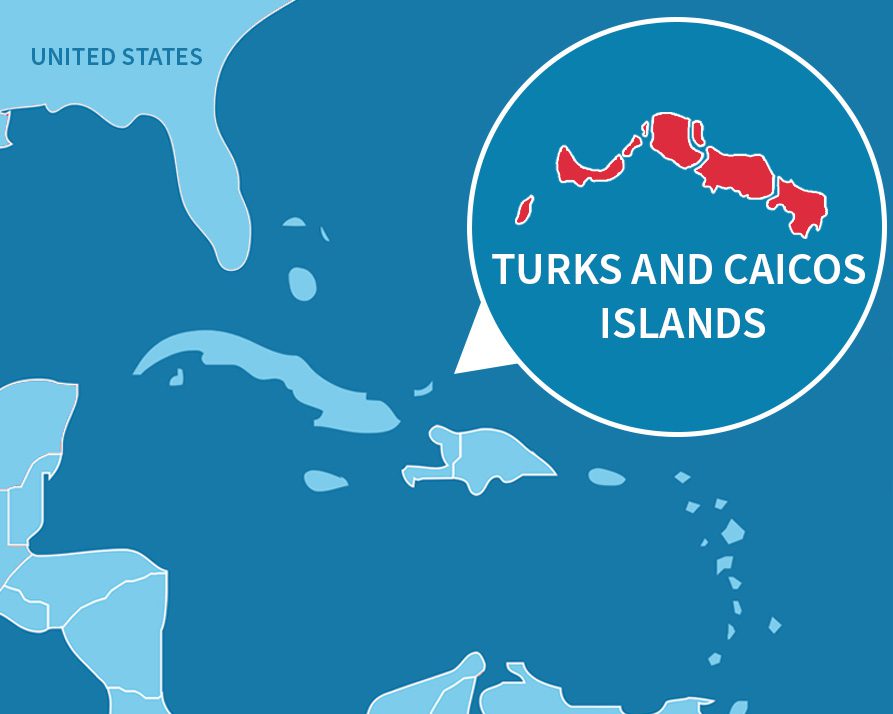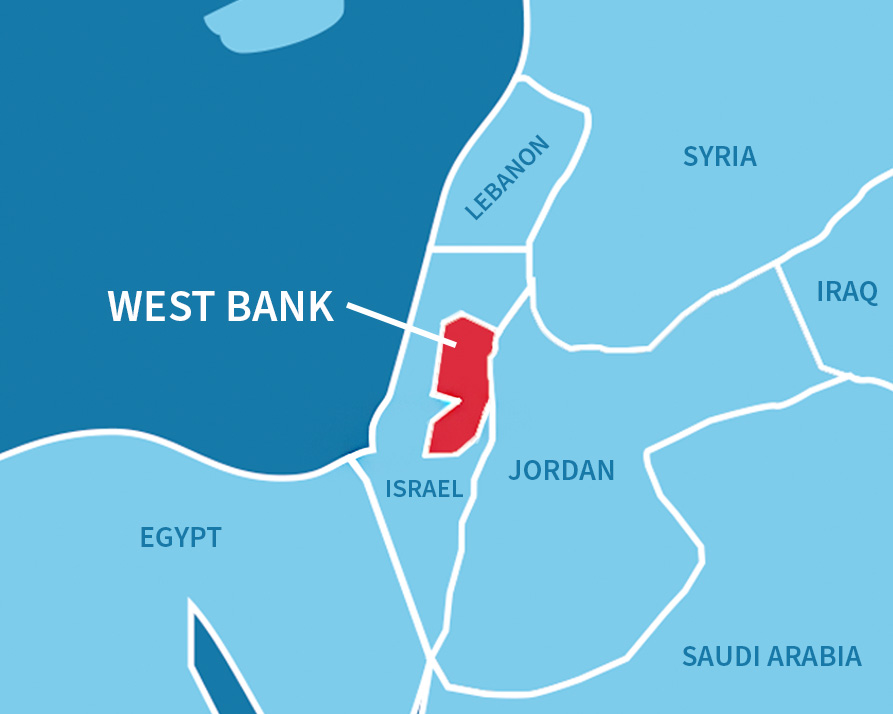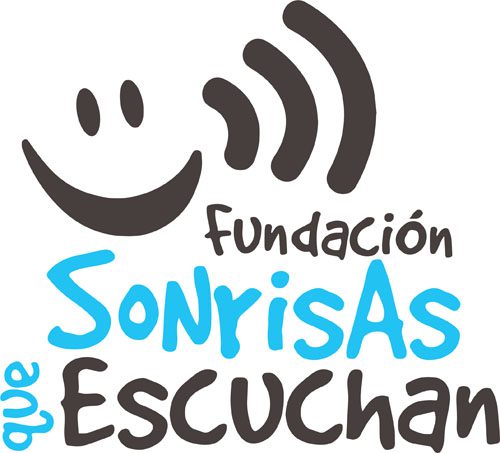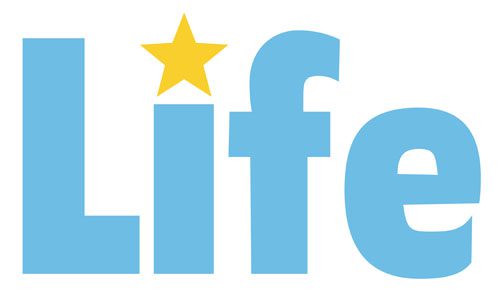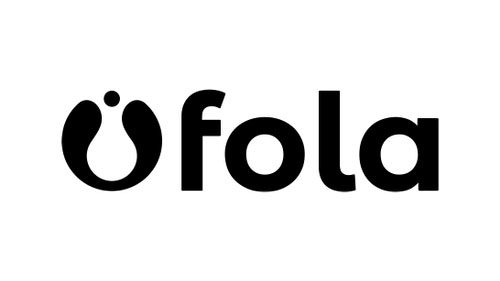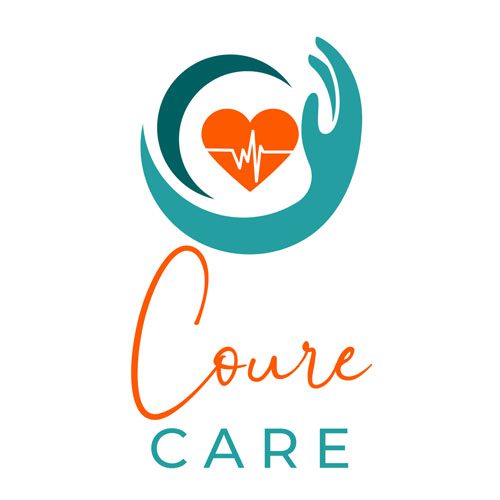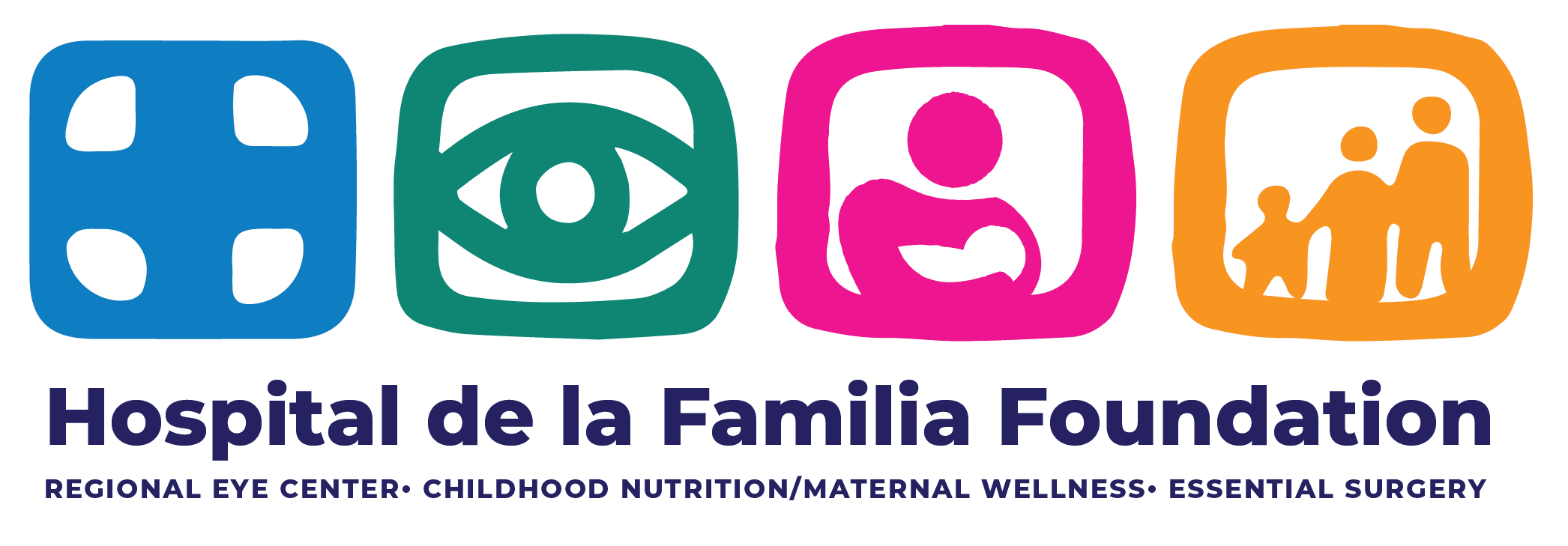Bringing global hope and healing to people with hearing loss
Answer the call to support long-term, sustainable hearing health care through our humanitarian trips.
The vision of Hearing the Call is to create long-term, sustainable hearing health care through humanitarian trips.
How is that sustainability achieved? It is a three-step process.
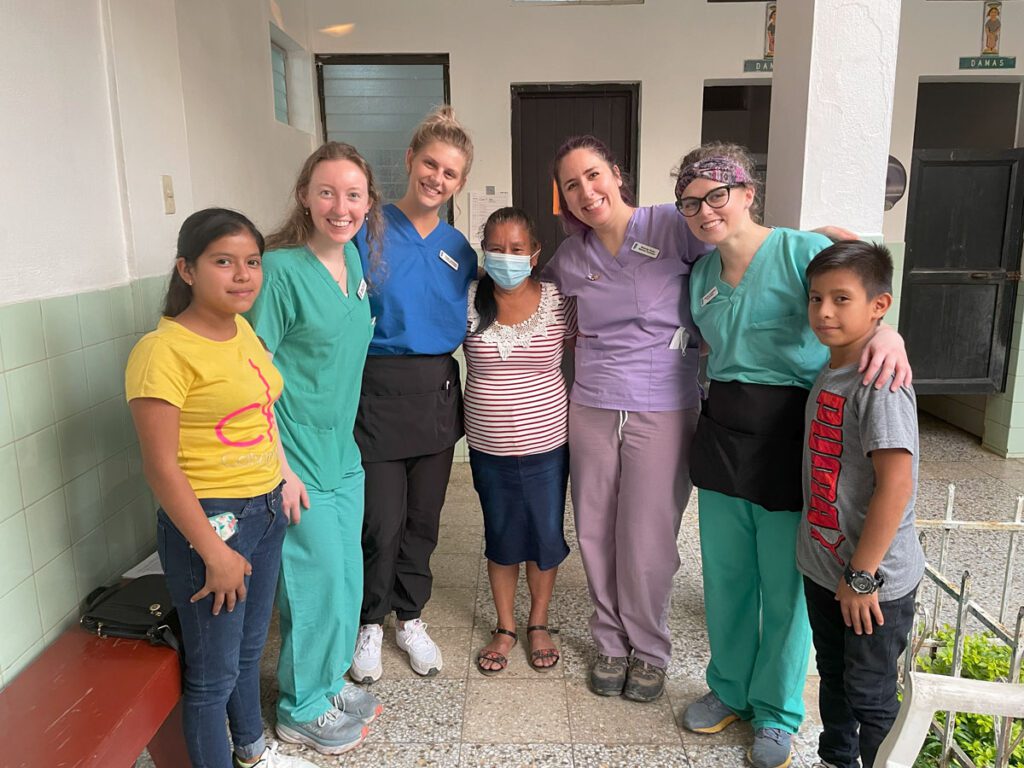
Student Initiative
Experience hands-on medical training while out of school.
Hearing the Call has an abiding interest in the success of audiology doctoral students, and our providers want to share their collective experience of “best practices” for underserved regions on Hearing the Call humanitarian trips, which are powered by the Entheos Audiology Cooperative.
Humanitarian Trip Vision

STAGE 1: Reaching Those in Need
Hearing the Call provides immediate relief in a location which has very limited or no access to hearing health care. The initial stage can be a 2-year to 3-year process, which allows the program the necessary time to develop relationships and understanding with partners and the local community. To be able to build long-term hearing health care, we need support from our local partner and buy-in from the local community. In the meantime, we provide much needed, immediate care for children and adults in the country.

STAGE 2: Providing Hearing Aids
Development actually starts during the relief portion, after Hearing the Call, along with its partner, determines needs, resources, and culture. This is when buy-in from the community is very important because the program will fundraise for scholarships, training, and potential stipends for audio technicians to perform follow-up and maintenance checks. If something more critical is needed, the audio technicians have support from the program to help fix any problems that occur. In this stage, additional fundraising is also done for equipment that stays in country to support future work in the community.

STAGE 3: Continuous Support
The long-term goal of Hearing the Call is to create sustainable hearing health care. This means helping the local audio technicians create a viable business. The technicians will receive advice and help in executing a simple business plan supported by the program. The technicians will also receive the equipment necessary to maintain the business and hearing health care for patients using best practices. This will include a continuing education plan as well as any support needed in repairs or replacement hearing aids for their patients.
